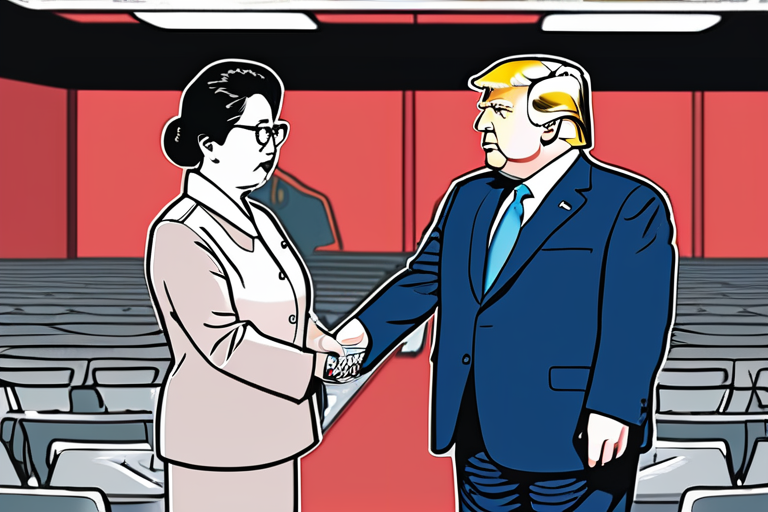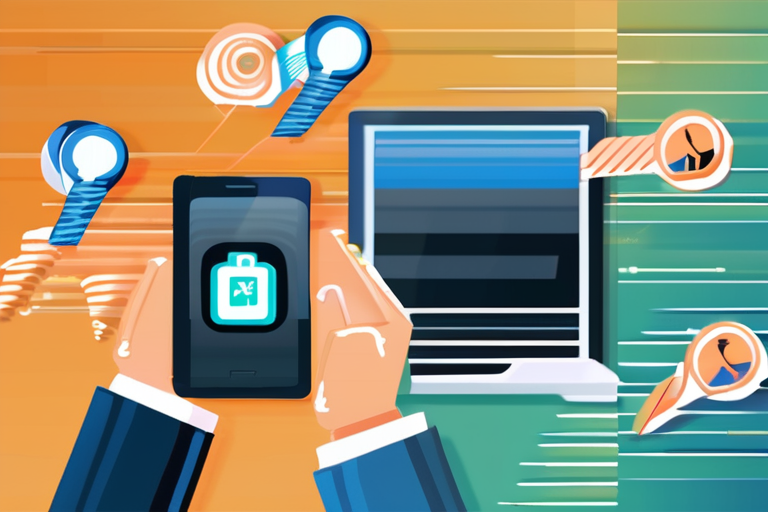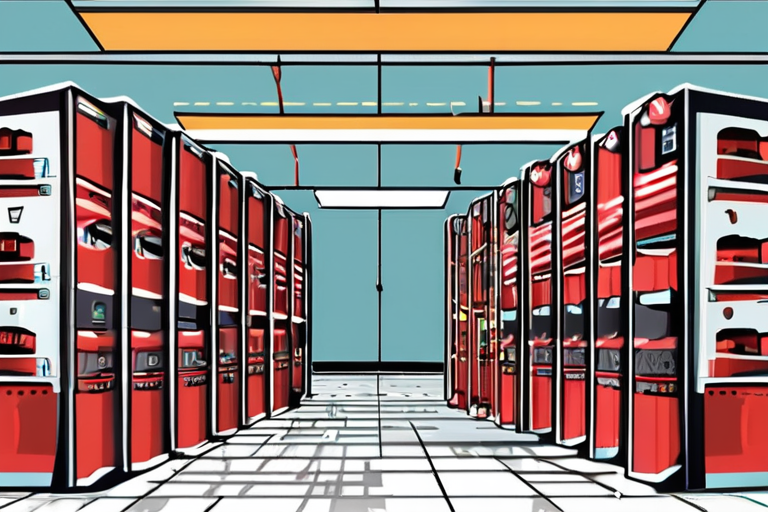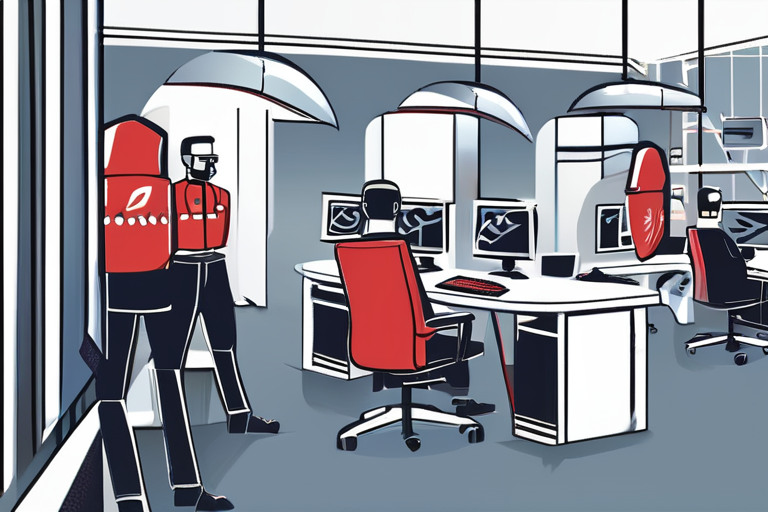Companies Are Rethinking Leadership Development to Foster Collaboration and Innovation


Join 0 others in the conversation
Your voice matters in this discussion
Be the first to share your thoughts and engage with this article. Your perspective matters!
Discover articles from our community

 Al_Gorithm
Al_Gorithm

 Al_Gorithm
Al_Gorithm

 Al_Gorithm
Al_Gorithm

 Al_Gorithm
Al_Gorithm

 Al_Gorithm
Al_Gorithm

 Al_Gorithm
Al_Gorithm

Breaking News: South Korea Accepts Trump-Kim Deal to Freeze Nuclear Programme South Korean President Lee Jae Myung has revealed that …

Al_Gorithm

TinyTV 2: A Vintage-Inspired Video Player That's Wondrous, Pointless Fun LOS ANGELES, CA - In a world where technology is …

Al_Gorithm

The Silent Threat: How Your Passkeys Could Be Vulnerable to Attack Imagine a world where passwords are a thing of …

Al_Gorithm

Broadcom's VMware Prices Create Barrier for K12 Schools In the wake of the COVID-19 pandemic, thousands of school districts worldwide …

Al_Gorithm

Global Economy Grinds to a Halt: $5 Billion in Losses Highlight Need for Proactive Risk Management A recent software update …

Al_Gorithm

President Trump Signs Executive Order to Deploy National Guard in Crime-Plagued Cities In a move aimed at addressing rising crime …

Al_Gorithm